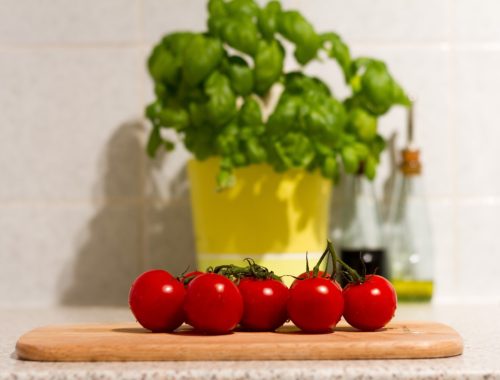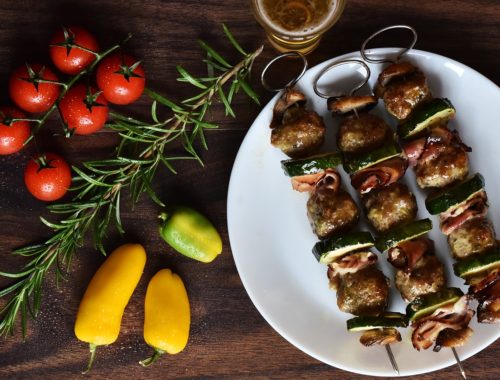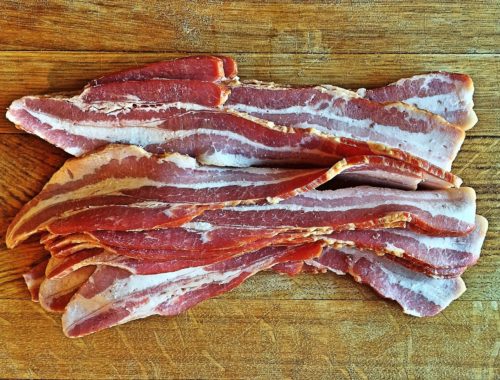Prevent
Inflammatory Foods Promote Colorectal Cancer
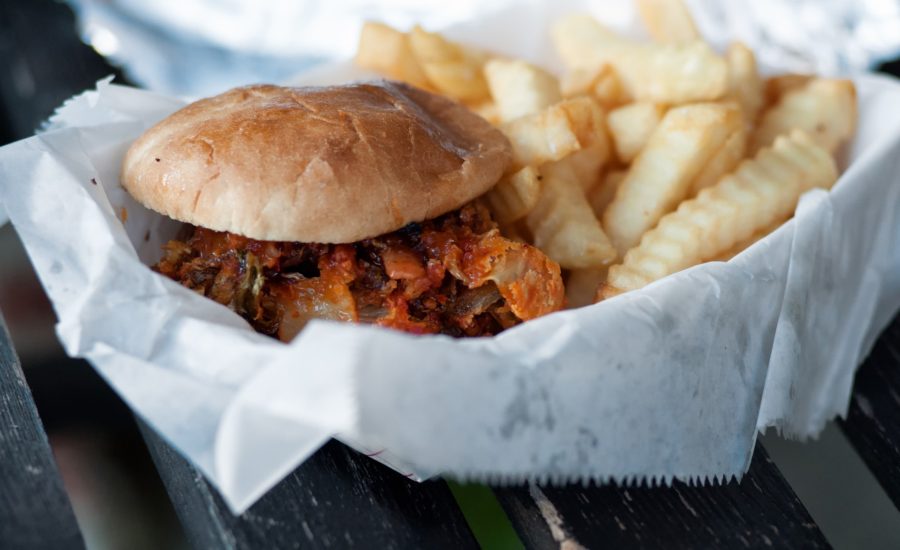
Your diet is the cornerstone to reducing cancer risk linked to inflammation.
Though chronic inflammation is already tied to several cancers, a Harvard study found a new link between inflammation-causing diets and colon cancer risk.
Inflammation-causing diets include a lot of meats, refined (or processed) grains, and sugary beverages.
Luckily a few lifestyle changes, like a healthy diet full of fruit, vegetables, good fats, and fiber, can help keep your body in balance.

Inflammation, Diet, and Cancer Risk
Inflammation is part of your immune system’s natural response to fighting off infections or repairing injuries. But the body can also experience unneeded, long-lasting inflammation that attacks its own cells. This chronic inflammation can damage DNA and may eventually lead to cancer.
Inflammation is currently tied to as many as one in five cancers.
The Harvard study on colorectal cancer followed the diets of 121,000 men and women over 26 years. Researchers analyzed questionnaires filled out every fours years by participants about their food choices. The results showed that inflammation-causing foods were linked to a much higher rate of colorectal cancer.
Pro-inflammatory foods include:
- Red and processed meats
- Sugar
- Refined grains (that are processed to remove their fiber and nutrients)
The researchers found that these foods increased colorectal cancer risk by 44% for men and 22% for women, compared to participants who ate more vegetables, fruits, and whole grains.
A separate analysis looked at body mass index (BMI) of the participants. They found that colorectal cancer risk was even higher for overweight or obese men. Excess body fat is already linked to chronic inflammation as well as 11 cancers, including colorectal cancer.
Based on these findings, eating well is great way to reduce colorectal cancer risk by helping maintain a healthy weight and prevent other diet-based causes of inflammation.
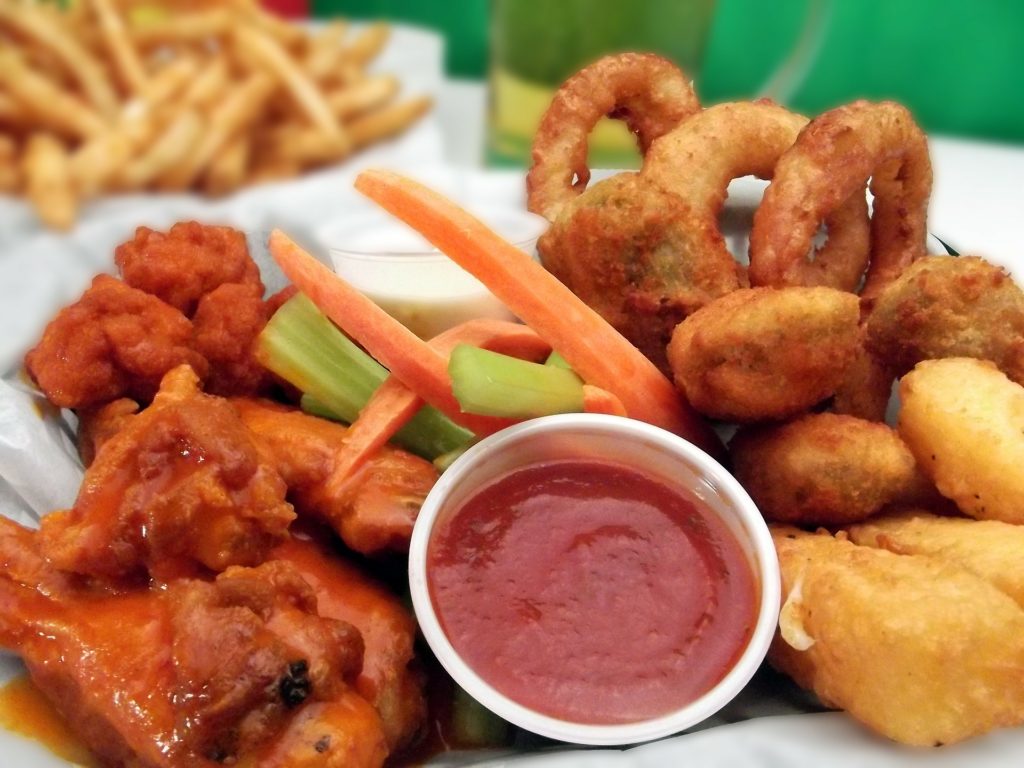
Foods to Avoid
When it comes to inflammation, what you choose to avoid is just as important as what you eat.
According to John Hopkins, the following foods are considered pro-inflammatory:
- Saturated fats (like processed and red meats, fried foods, and certain dairy products)
- Highly processed foods (like fast food and frozen meals)
- Refined sugars (like sodas, candy, and pre-packaged pastries)
- Refined flours (like non-whole grain breads, pizzas, and crackers)
And while not all inflammation is caused by food, a healthy diet is a lifestyle factor within your control to lower your cancer risk. Remember that chronic inflammation can be difficult to detect because of the lack of outward symptoms.
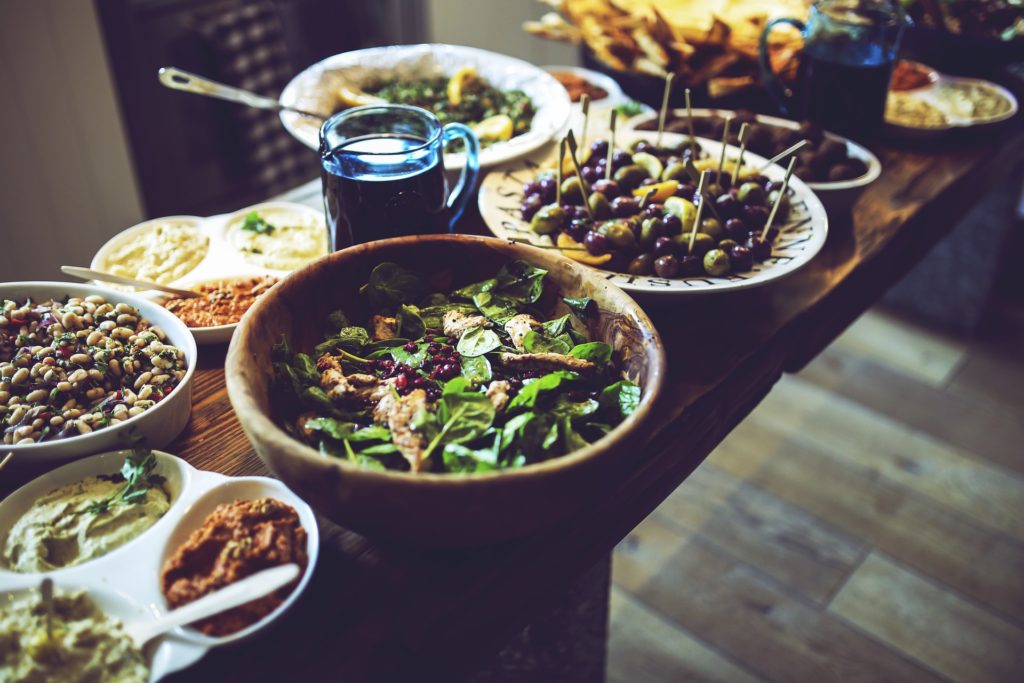
Aim for Plant-based or Mediterranean Diets
Plant-based or Mediterranean diets are great alternatives to help protect you from inflammation.
Plant-based options include:
- Vegetarian diets (meat-free)
- Vegan diet (excludes both meat and animal products, like eggs and milk)
The Mediterranean diet uses foods eaten in countries that border the Mediterranean Sea.
Though there are many ways to eat a Mediterranean diet, the most common features include:
- A variety of colorful fruits and vegetables
- Unrefined grains (like multigrain bread, brown rice, and oatmeal)
- Healthy fats (like nuts and olive oil)
- Legumes (like lentils and chickpeas)
- Lean meats (like fish and poultry)
How these diets protect you
- The fiber, healthy fats, and antioxidants in these diets are shown to be anti-inflammatory
- Plant-based and Mediterranean diets help maintain a healthy body weight
- Following a high veggie, low sugar diet strengthens the “good” bacteria in your gut that reduce inflammation
- Diets high in fiber and low in saturated fat may also protect against cancers linked to high insulin levels.
Please consult your doctor or dietitian on the best options for exploring anti-inflammatory diets.

